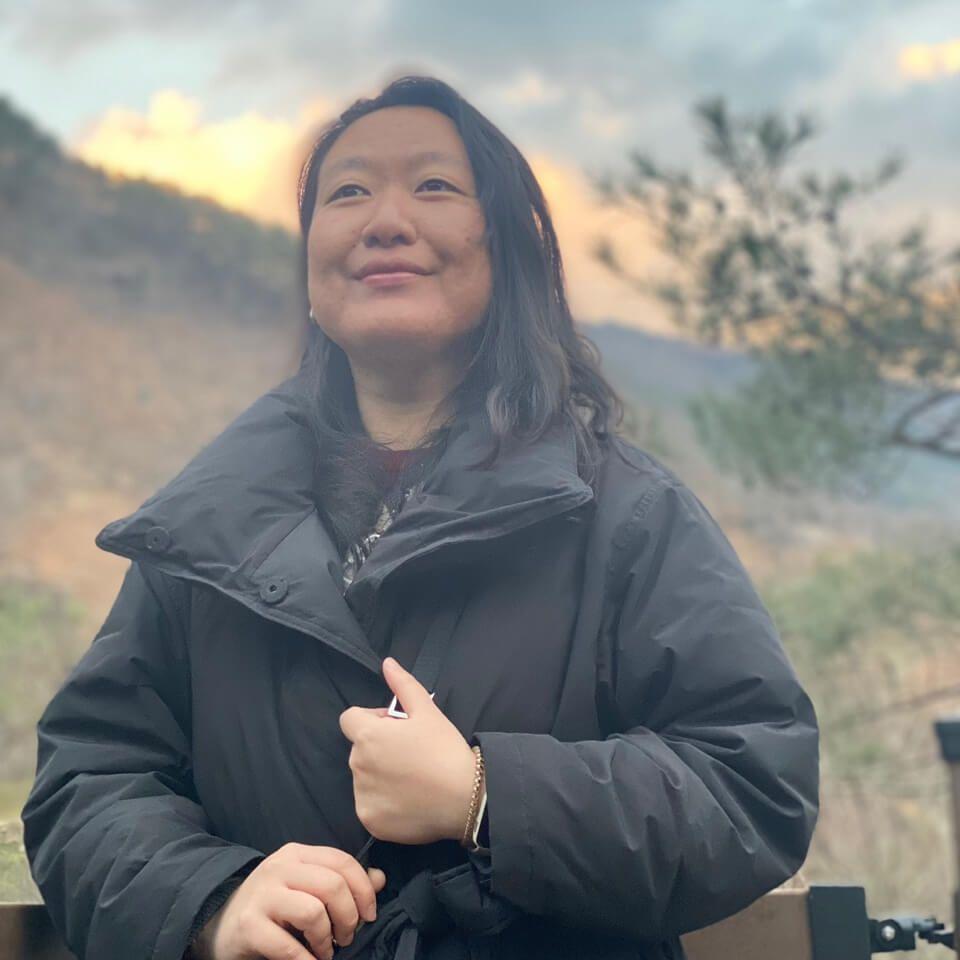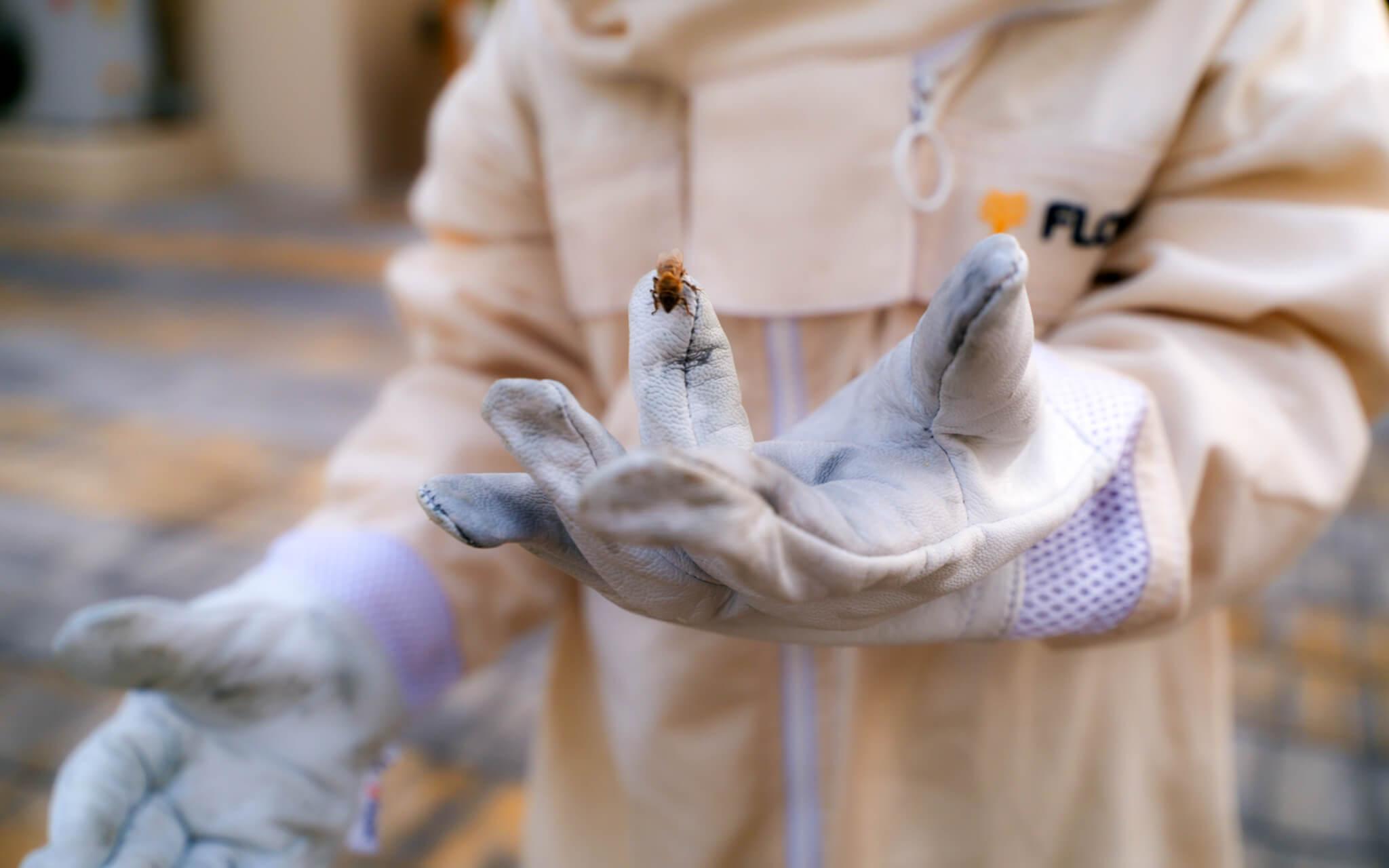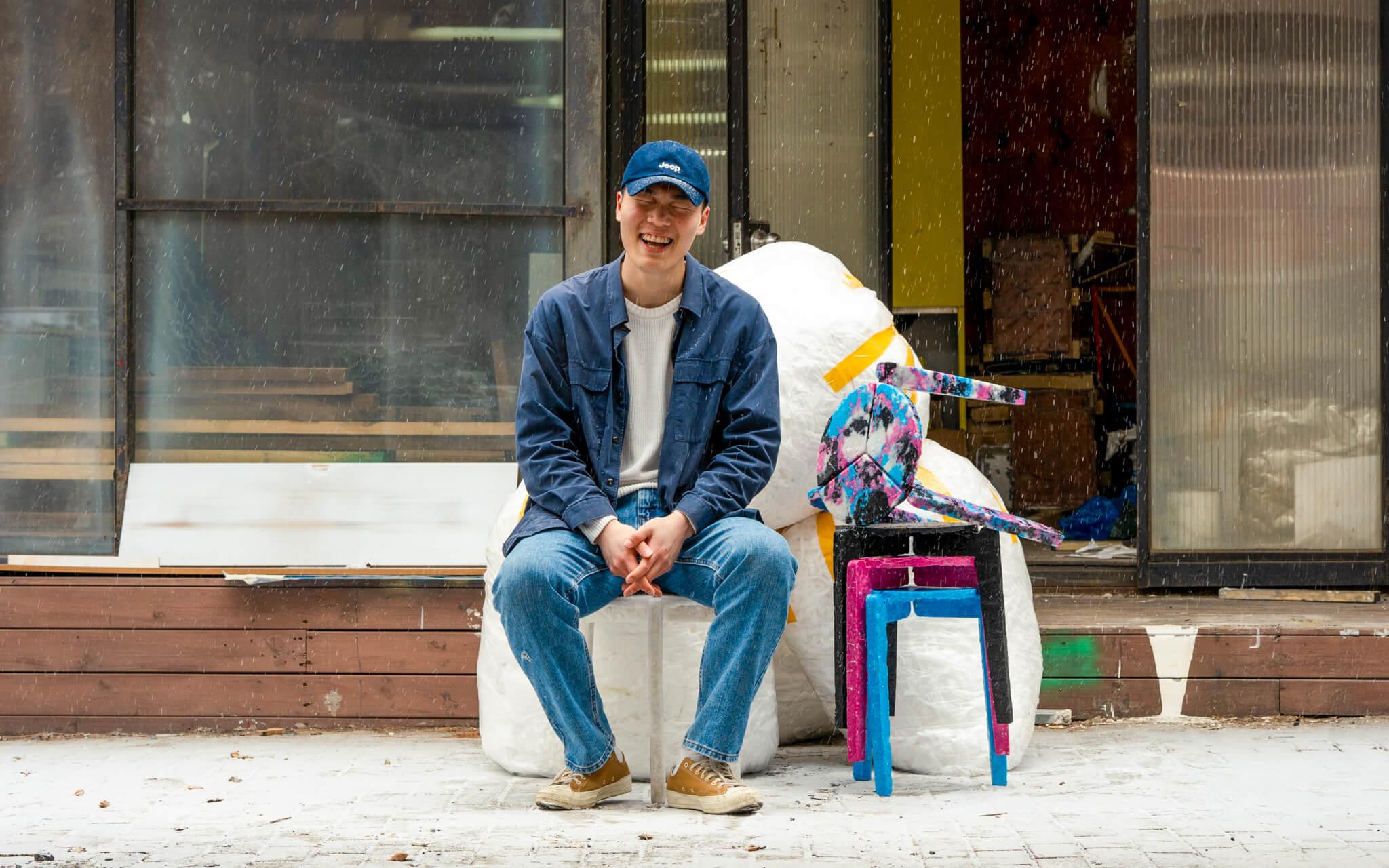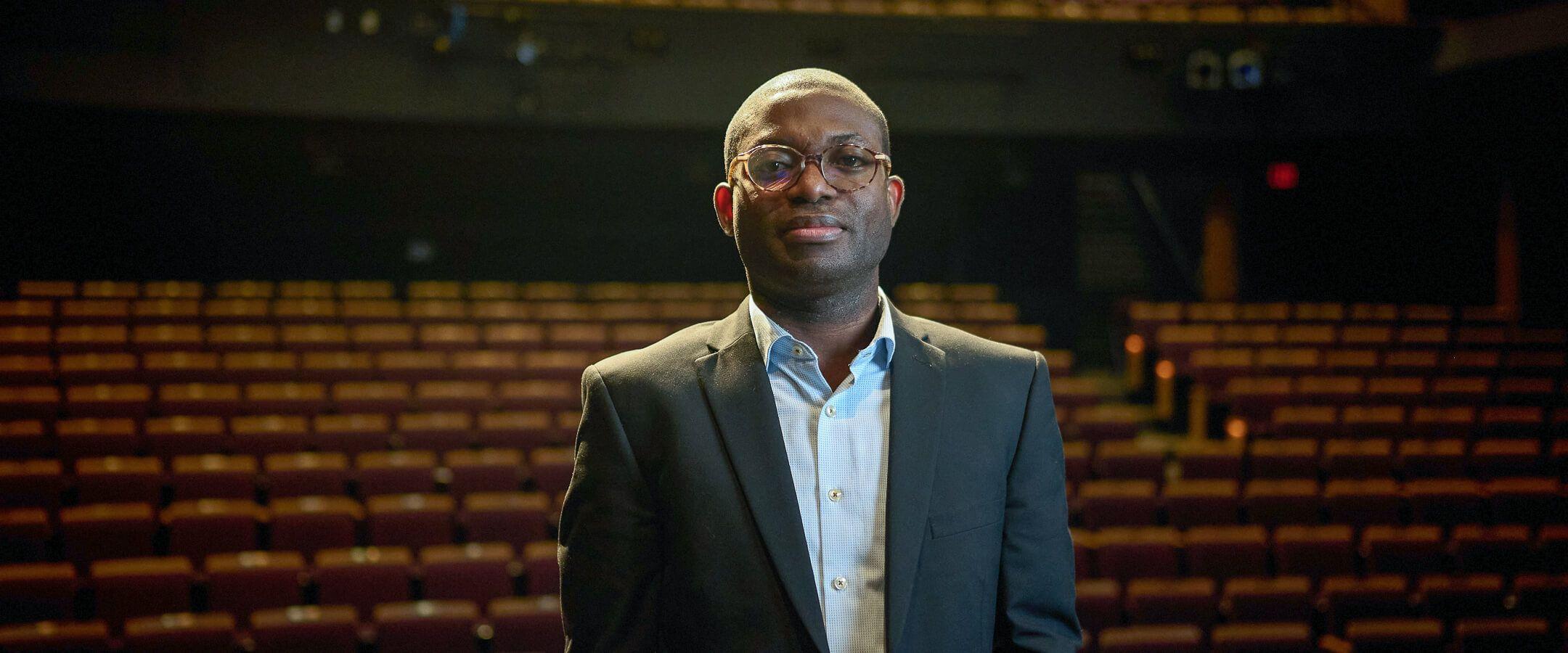The Keeper of the Ground
Mackenzie Feldman, an environmental activist, is the founder and director of Re:wild Your Campus, an organisation committed to eradicating pesticide usage on campuses and raising public awareness.
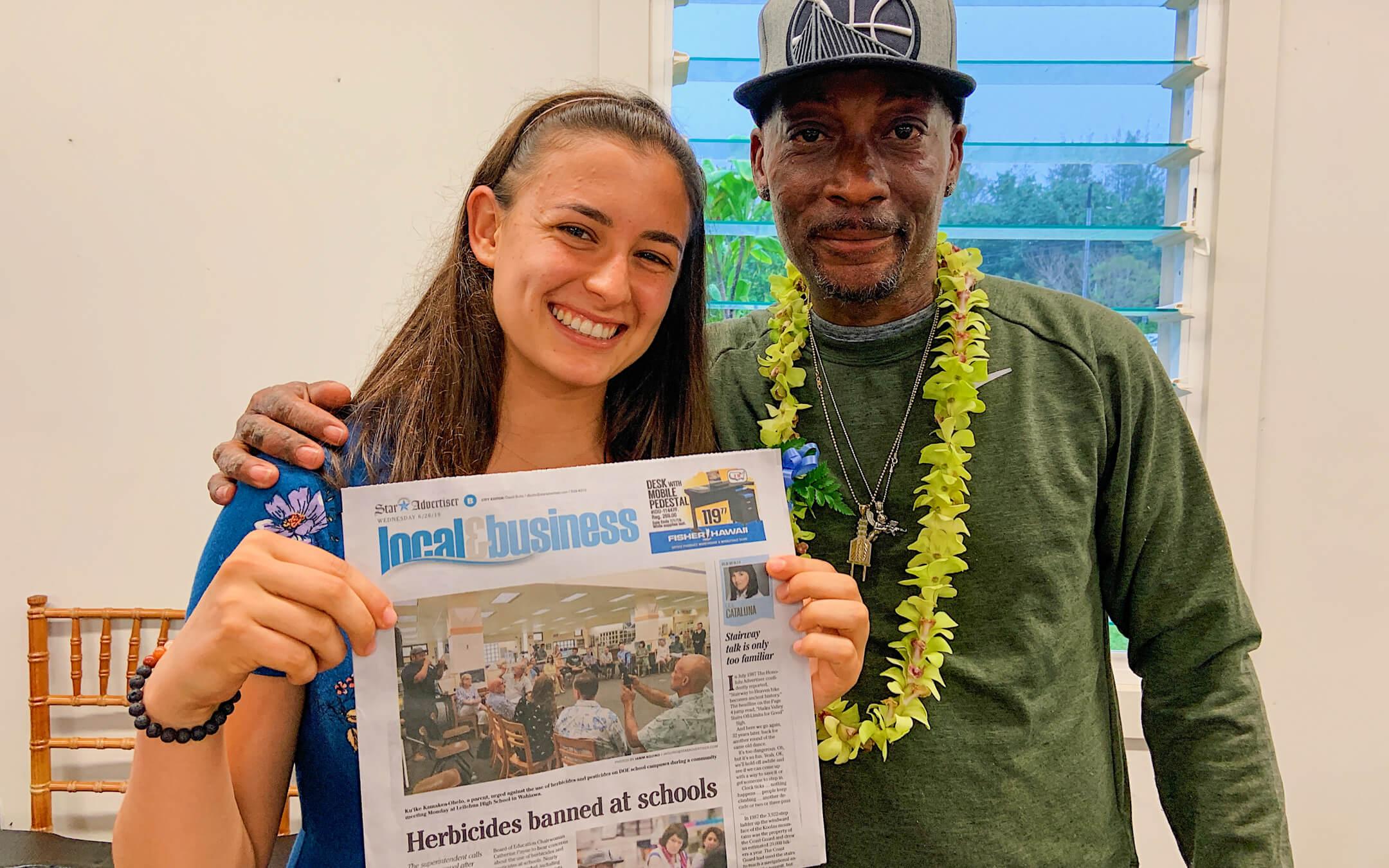

“It’s just so funny with the timing of this interview,” Mackenzie Feldman chuckles anxiously as she shares an incident earlier at lunch—an incident that exemplifies what she would discuss during this interview. [1]
“I was getting a smoothie with my friend at this outdoor place, and someone was spraying the grass near us. And it was windy, and the spray was going everywhere.”
Your throat might close up at the thought: the fruity taste of the smoothie and this mystery “stuff” that kills weeds gently misting your face. [2]
But Mackenzie and her friend stood up mid-lunch and walked right through that mist to talk to the man who seemed oblivious to the toxicity permeating and seeping.
Like most of the groundskeepers she’d met in the past, he was using Roundup. Its active ingredient is glyphosate, a chemical declared a probable carcinogen in 2015.
“I told him this stuff causes cancer, and he said, ‘I know it causes cancer. My brother-in-law died from cancer because of spraying Roundup.’” He stuck to his activity, telling her he had no time. “It made me cry because he’s just doing his job. He knows the dangers, yet he still has to spray it.”
Mackenzie was born and raised in Hawaii and is a part-Hawaiian native. She has always been aware of the impact of pesticides on people’s health. The toxicity that people knowingly impose upon themselves, even knowingly at times, hurts her deeply.
“It’s supposed to kill life—it harms the soil, harms us, and harms the pollinators,” Mackenzie speaks passionately.
“Also, people can make that connection between pesticides and climate change. Pesticides are derived from fossil fuels and limit the soil’s ability to sequester carbon,[3] ” she explains. “When people think about rewilding, they think about biodiversity more,” she adds. “I’m always happy at opportunities to make that connection between pesticides and climate change for people—raise awareness.”
Over 40 million acres of land across 40,000 US campuses are covered by lawns. And those lawns, along with other manicured green spaces off-campus, are regularly doused in synthetic pesticides, wreaking havoc on their soil. Re:wild’s mission stands at the gate of biodiversity, habitat loss, and insect collapse; 40 million acres of potential, now so overly- manicured and controlled crucial pollinators, soil bacteria, and root systems have been lost.
What Mackenzie’s fighting against is one of the most serious issues in biodiversity and, furthermore, climate change.
“Not many know this, but Hawaii is actually ground zero for industrial agriculture. They experiment with immense pesticides, testing the seeds’ resistance to it before they send them out—like the GMO corn seeds to places like Iowa.” The amount of pesticides Hawaii uses is 17 times that of the US mainland, putting residents near the sites in danger of cancer, birth defects and other serious health issues. that of the US mainland, putting residents near the sites in danger of cancer, birth defects and other serious health issues.
When Mackenzie was recruited to UC Berkeley to play beach volleyball, she realised it was time to take action. “The coach said, ‘If the ball rolls off the court, just let it go because an herbicide has been sprayed everywhere around the court,” she recalls.
“The grounds manager was using Ranger Pro—another glyphosate-based herbicide.” The only way for the short-staffed manager to stop using the herbicide was for Mackenzie and her teammates to pick the weeds themselves.
“If you come to the problem with a solution and offer to help, things can actually get done,” she says. Mackenzie saw no path to success in complaining and blaming others for the problem. “My Mom has been my biggest influence in life,” she says. “She’d tell me if I want something, just go after it.”
“I know I’m not perfect. But I’m not going to wait until something is perfect.”
If you come to the problem with a solution and offer to help, things can actually get done.
After an article Mackenzie wrote about their work spread the word, a community organisation approached her with a grant and suggested she expand her rewilding efforts to UC Berkeley with the help of experts.
Today, the UC Berkeley campus’s greenery is 95% organic.
Re:wild Your Campus has now helped over 70 university campuses, including the University of California system, in banning the use of glyphosate. The organisation helps educate the grounds management, who are often impressed by the surprising cost-effectiveness and other benefits of keeping the campus organic.
Though there have been many proud moments, Mackenzie credits Dewayne “Lee” Johnson with motivating her to stay on the mainland and fight for justice against harmful chemicals. Lee was a groundskeeper who sued Monsanto, the company responsible for manufacturing Ranger Pro—the very same herbicide that was used around Mackenzie’s old volleyball court.
“He was told by his boss that Ranger Pro was safe enough to drink. Then he got diagnosed with terminal non-Hodgkin’s lymphoma.”
Lee eventually won the trial, and his hard-earned victory was a pure inspiration for her. “He was this normal man against the huge company backed by the same lawyer defending big tobacco.”
Mackenzie planned a celebratory vacation-slash-lecture circuit in Hawaii after the trial for Lee with the help of environmental activists she grew up admiring.
“When Lee spoke to the Hawaii Department of Education, they were so moved by his story that they ended up banning all herbicides from every public school in Hawaii the next day.” An especially meaningful decision as it was an opportunity for Mackenzie to see the impact she’s had on her own community.
It was also the beginning of a beautiful friendship--Lee now sits on the organisation's advisory board. “We talk all the time.”
For now, Re:wild’s organisational goal is to stop all synthetic pesticides in every US school.
“I want to work on it for the rest of my life,” she says. “Farmworkers are exposed to even higher levels of these chemicals, and I want to do something about that, too.” She cannot stop thinking about the next steps.
“Maybe I can retire once that’s all solved.”
Most Popular
The Climate Tribe delivers stories about Biodiversity and Conservation, Circular Economy, Food and Water , and how they intersect with climate.
Subscribe
Get the latest stories inspiring climate action around the globe straight to your inbox.
